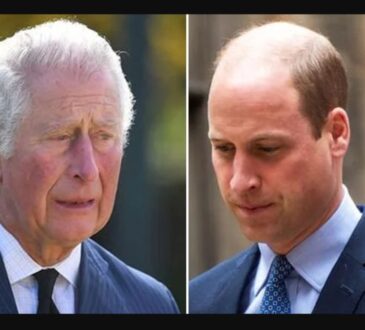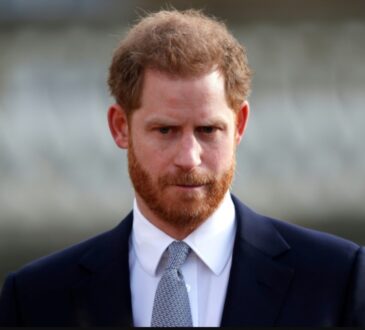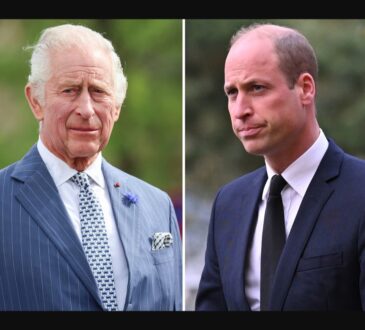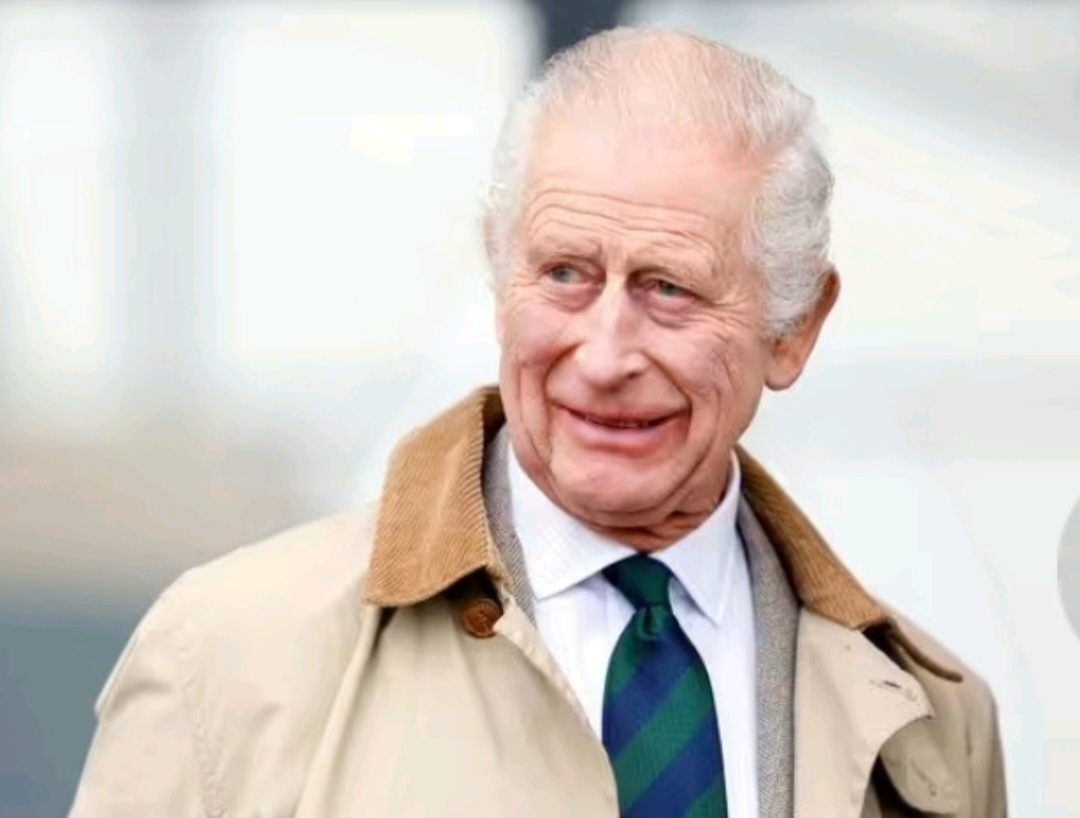
The revelation of the two primary reasons behind King Charles III’s reluctance to reconcile with his estranged son, Prince Harry, has sparked widespread outrage and criticism from royal watchers and the public alike. As the once-close father-son relationship remains fractured, a former BBC royal correspondent has shed light on the factors contributing to the monarch’s unwillingness to extend an olive branch, igniting a firestorm of reactions.
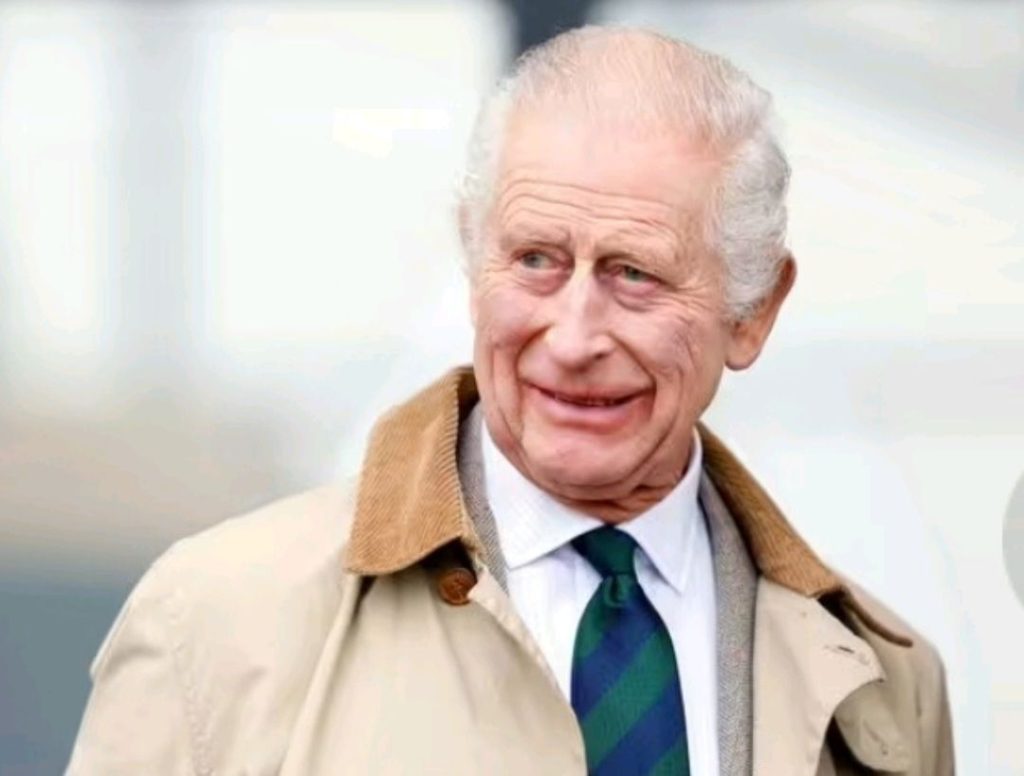
According to a report by Daily Express, Jennie Bond reveal that the King’s refusal to be the “bigger person” and initiate reconciliation stems from the profound hurt caused by Harry’s scathing criticism of Queen Camilla and the Princess of Wales in his explosive memoir, “Spare.” Bond stated, “The particular hurt over how Harry criticised, viciously really, [Queen] Camilla and [Princess] Catherine.”
In the tell-all book, Harry did not hold back in his assessment of his stepmother and sister-in-law. He revealed that he and his brother, Prince William, had once asked their father not to marry Camilla, whom he tied the knot with in 2005. Harry also detailed his initial fears, writing, “I remember wondering…if she would be cruel to me; if she would be like all the wicked stepmothers in the stories.”
Regarding the Princess of Wales, Harry delved into an alleged rift between Kate and Meghan surrounding the bridesmaid dresses for the 2018 royal wedding. According to Harry, Kate messaged Meghan to complain that Princess Charlotte’s dress “is too big, too long, too baggy. She cried when she tried it on at home.”
The second reason cited by Bond for the King’s reluctance to reconcile is the emotional toll of his recent cancer battle. Addressing the fact that the King did not meet with Harry during his recent visit to the UK, Bond stated, “I just think as Charles is recovering from cancer, once again, it’s almost like the emotional strength to deal with ‘The Harry Problem’ just isn’t there.”
These revelations have sparked outrage among many who believe that the King should prioritize mending the rift with his son, regardless of the challenges involved. Critics argue that family should come before personal grievances, and that the monarch should lead by example in promoting forgiveness and reconciliation.
While Bond believes the King should take the high road and extend an olive branch, she acknowledged the challenges involved, stating, “Personally as a parent, I think there are times when you’ve got to be the bigger person [and] you’ve got to open your arms and say ‘you’ve been a silly sod, you really have and we’ve got quite a lot to work out. But for now, let’s have a hug’.”
The outrage has been fueled by the belief that the King’s reasons for not reconciling with Harry are rooted in personal hurt and pride, rather than a genuine desire to heal the family rift. Many have expressed disappointment and frustration, arguing that the monarch should prioritize family unity and set aside any perceived slights or criticisms.
As the debate rages on, the question remains: Will King Charles find the strength and resolve to bridge the gap with his son, or will the rift continue to widen, further dividing the Royal Family? The public’s reaction underscores the deep emotional investment in this family drama, and the desire for a resolution that can bring healing and unity to the monarchy.

